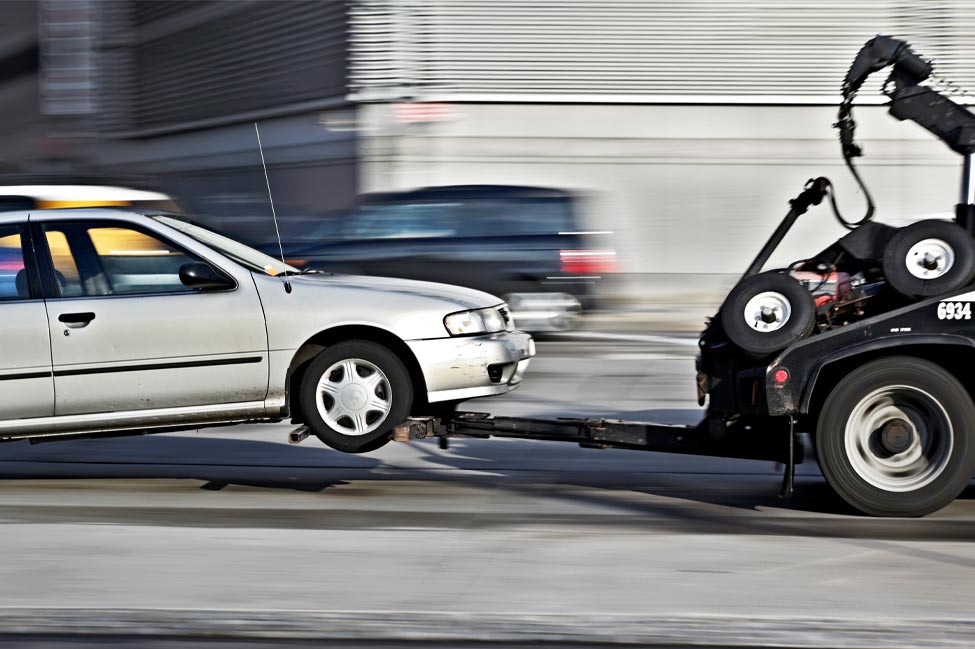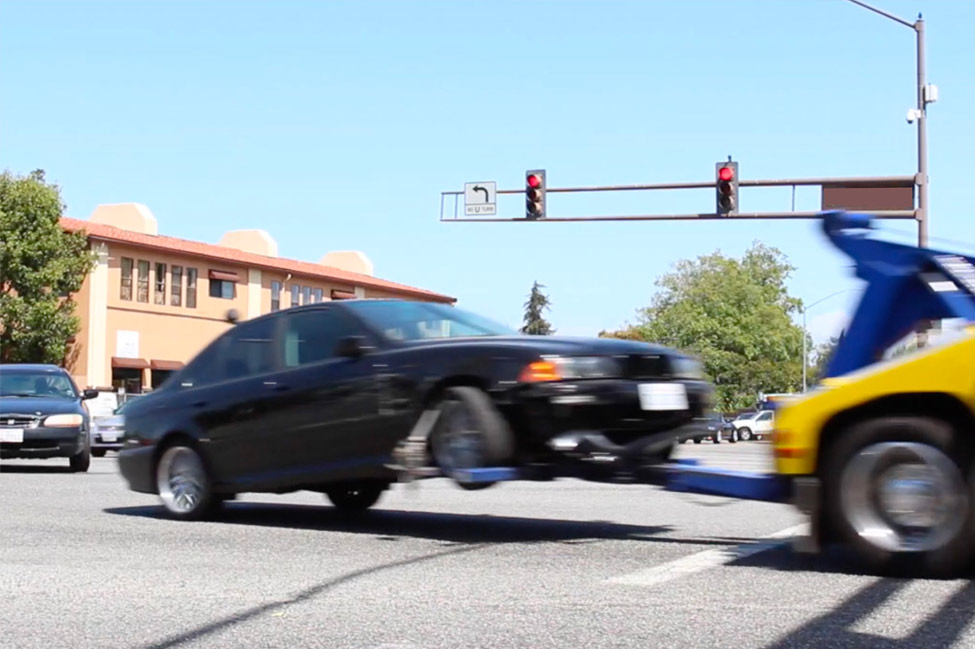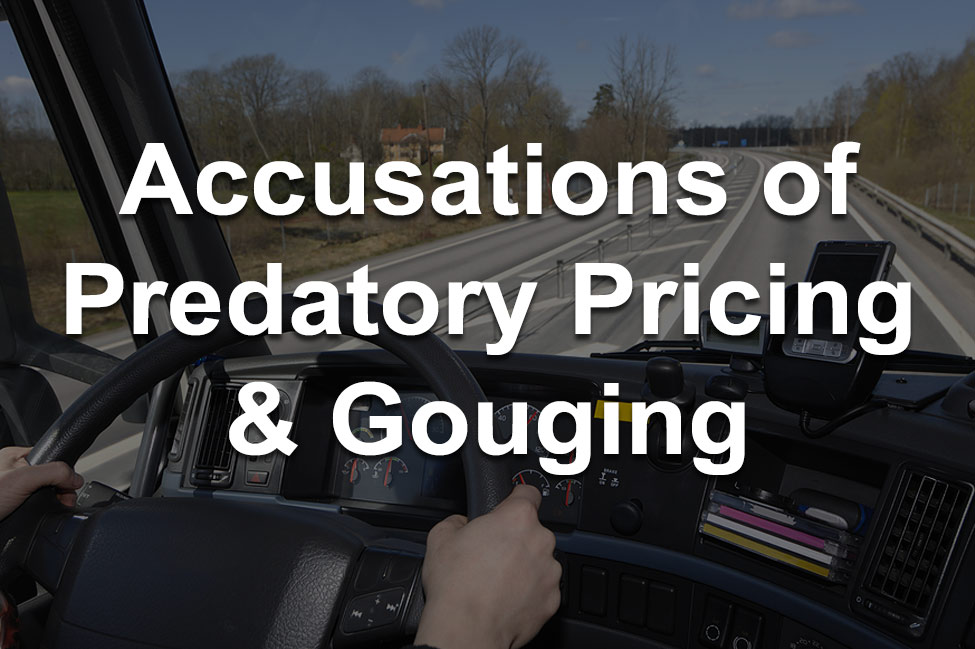Price Controls Ruin Markets
As gas prices continually go up and down, as always, there’s a fluctuation in prices amongst the various gas stations. As gas stations with higher volumes (the ones who sell the most gallons) quickly run through their higher-priced fuel– their prices come down faster than those with lower volumes. It’s just the way that they ensure that they’re not losing money.
But to this not-so-new development, in my city, there’s sprung up a Facebook page aimed at getting to the bottom of, what the page’s founders consider to be, price gouging. Simply put, there’s a discrepancy in the gas price from city to city that they just can’t abide by.
Since I once owned a convenience store and have been in the towing business, where we would spend thousands monthly on Diesel, I thought I might have something to offer. So I commented on the FB page. You might think I’d align my thinking with the page because I’d like to pay less for fuel…But no. Even though it’s true I’d like to pay less for gas and diesel, I had to side with the gas station owners.
I started by giving an example, explaining that when a credit card is used to purchase fuel at $4 per gallon, and the gas station owner is making 3 cents per gallon (the average when I was in the business) — the credit card company may be charging him, the gas station owner, as much as 3% to 4% for the transaction–which means he’s actually losing money for every gallon sold.
Rarely does a gas station owner make money on fuel. But when his costs do come down, and he’s able to consistently buy it for less than he sells it, it’s an opportunity to gain a little ground.
I then went on to explain, as I did above, that areas with larger populations and traffic counts sell more gas, and run through their higher-priced supplies quicker, which allows their prices to come down sooner. I went on in an attempt to educate them on how price controls ruin markets by removing the incentive for entrepreneurs to stay in the market. If a business owner must pay more for something than he’s allowed to sell it for, there’s no reason for him to continue offering it for sale.
I thought I’d built a pretty good case; problem solved…But no.
Nobody wanted to hear it. Instead, the majority clamored for some sort of government investigation into the matter, insisting that collusion was taking place. That’s when I backed away and realized I was dealing with the same mentality I’ve dealt with all my life, ignorance and jealousy.
We’ve all suffered from it from time to time, but some just don’t realize it. For example, the question of do rate caps on towing bring down consumer costs is never something that municipalities consider when dealing with towing-related issues. Rather than asking these hard-hitting questions, most cities are more concerned with what they can get from both the consumer and the towing company.
How Price Controls Ruin Markets
Ignorance is defined as a lack of knowledge or information. It doesn’t mean someone is stupid or ill-equipped; it just means that they don’t know. And jealousy is feeling or showing envy of someone or their achievements and perceived unfair advantages. Put them together, and you’ve got a dangerous combination.
To begin with, the problem with fair –is that it’s subjective—It’s slanted by the desires and attitudes of the person or group determining what fair is at that moment. Fair is the opposite of what the market will bear.
When you believe that someone is unfairly getting more than you, due to circumstances outside your understanding, like decisions they made years before to better their life–And instead of making your own decisions to better yourself–you take steps to “level the playing field” by inviting the authorities to force change—When you go that route you’re setting yourself up for a fall. Unwittingly you’re playing right into the hands of those who depend upon your ignorance to make a living.
I’m not without my own potentially dangerous prejudices—
I believe that what’s happened–Over time– is that attorneys and governments have worked together to create a myriad of confusing, mostly-unintelligible laws designed to keep us fearful of taking a step without first consulting them. And as a result, we’ve become so dependent on them to solve all our “big” problems. We run to them before even thinking about the implications.
But watch out—Once they’ve finished “helping you” and churning through your perceived oppressor, once they’ve bled dry an industry whose practices or pricing structure you’ve found to be undesirable—they’ll become emboldened. And, ever-hungry, these blunted instruments will find someone who dislikes what you do–and the exorbitant profits you make- then you’ll be the one who needs to be taken down a notch.
This mentality reigns in our industry. It comes from everywhere, customers, competitors, and employees. They all believe the guy paying the bills is taking home stacks of cash…and it’s just not fair. In many states, laws have been put in place to ensure this doesn’t happen. In the name of doing what’s best for the traveling public towing profits are curtailed, and rates are capped because those doing the capping are envious of the perceived rewards and ignorant of what it really takes to be in this business.
The reality is — The tow company owner is just a guy trying to make a living. One month he might make it, but the next…great weather, diminished sales, and high repair bills will have him giving it all back and then some. But do you think these people understand that?
No, they don’t want to understand. For whatever reason, they’re more comfortable wallowing in the belief that someone is out to gouge them.
But where will all this ignorance and jealousy get them?
Dont Let Price Controls Ruin Markets
Let’s take the price of gas. The ultimate goal of those complaining about price discrepancies is to see gas come down. Rather than taking steps to curtail government and decrease the cut the government takes from each gallon sold (24 to 41 cents in my state), many would rather petition lawmakers to step in and enforce price controls.
If price controls were in place, then the incentive to continue selling fuel would further decline, which could result in fewer places to fill up. This would, in turn, decrease the number of competitors selling the other goodies consumers desire (alcohol and cigarettes), making it considerably less convenient and less competitive in those markets.
Of course, higher priced beer and cigs will warrant more government inquiry and more price controls and on and on until our own ignorance and jealousy have sucked every ounce of incentive from the gas, beer, and cigarette business.
Over time this will give the government an excuse to step in and take over because “those greedy business owners” don’t want to play in a losing game.







Leave A Comment